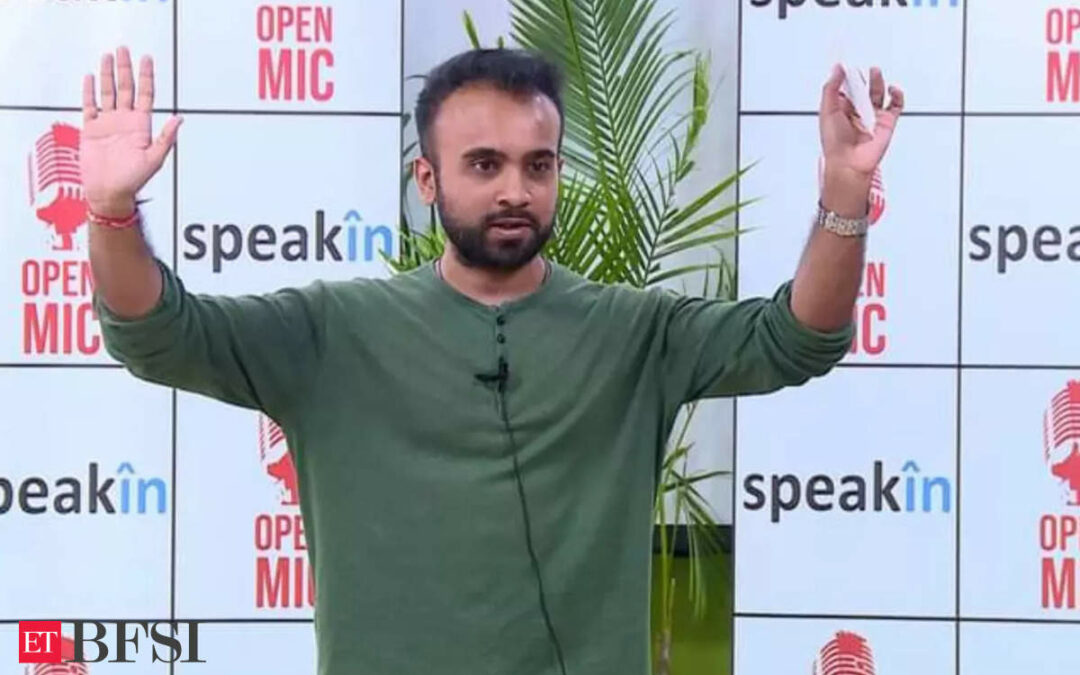Financial literacy has no longer remained a rare luxury. Ever since the pandemic and lockdown in 2020, more and more people are becoming aware about how important it is to plan one’s financial well-being. To make this wave of financial literacy, I still believe a few more things need to be considered.
Financial literacy should be taught in schools starting from a young age. When I was in school, my dad talked about things like investments, insurance and taxes, and how he’s been planning all that for my brother and me for the years to come; but I didn’t understand a word he spoke.
He always said, “You’re still in school, don’t worry about it.” It wasn’t until after I finished my CA exams that I understood what he meant.
If I had learned the basics of financial planning in school, I could have started planning my finances much earlier, and assist my dad too.
And that’s just me. This could apply to many others like me who didn’t learn about taxes, insurance, and investments during school.
What if the basics of taxes and financial planning is a mandatory subject in school?
GoHenry, for example, is a financial services company that provides prepaid debit cards and financial education tools for children and teenagers. Their platform includes features like parental controls, savings goals, and interactive financial education modules to teach young users about money management.
On another note, I’ve gained a following on social media by raising awareness about various government schemes.
Many content creators like me have also been able to spread awareness and grow their platforms through similar content.
Social media makes it easy to share information about these schemes. People also want to know about these benefits for themselves and their loved ones, which is why they share this content so widely.
It would be helpful if the government collaborated with professionally qualified content creators to promote these schemes.
This would ensure that the right people get the information, creators get monetised for their work, and more people benefit from these schemes.
Furthermore, organizations could make financial literacy training a regular thing, just like they do with townhall meetings or health checkups. They could do it once a year, for example.
To make sure companies take it seriously, the government could offer them rewards or benefits if they provide this training to their employees.
This could be stuff like tax breaks or financial help. If more companies offer this training, more workers can learn how to handle their money better.
That means fewer money issues and a better team at work. So, it’s a way for the government to encourage businesses to help their workers learn about finances.
Perhaps integrating financial literacy training into employee onboarding itself can ensure that new hires start with a better understanding of financial concepts. A company where I used to work had dedicated a session during our onboarding process to explain to the new joinees on how they can plan their taxes well.









